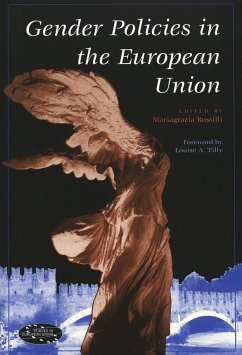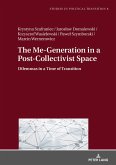An interdisciplinary group of European feminist scholars critically explores the European gender policies from the founding of the European Community to the 1997 Treaty of Amsterdam. They offer different interpretations of the contradiction between the exceptional development of gender equality policy within Community social policy and actual gender inequality. Analysis of the EU policies on the equality of women reveals their central role in the making of the common market and the Community's modernizing action to reform employment patterns and welfare systems. From different, and at times contrasting, feminist perspectives, the contributors propose new policies to challenge the current situation and overcome the EU juridical defect in women's rights, which exacerbates the European "citizenship deficit" and "democratic deficit".
«Will women be more equal or less in the New Europe? The thought-provoking answers proposed in this multiperspective volume by leading scholars of gender policy in the European Union rest on passionately thorough research on issues as diverse as sexual harassment and old-age security, workplace parity, and electoral quotas. They should engage not just European women but all who are committed to advancing the conditions for a more egalitarian, inclusive, and meaningful practice of citizenship.» (Victoria de Grazia, Professor of History, Columbia University)








